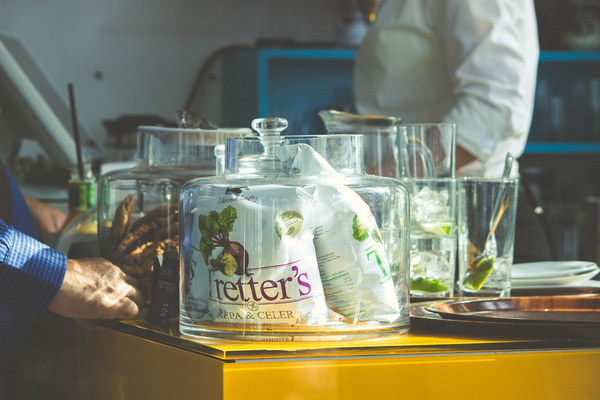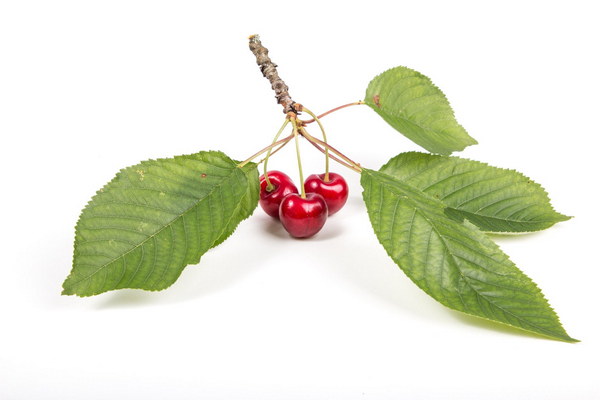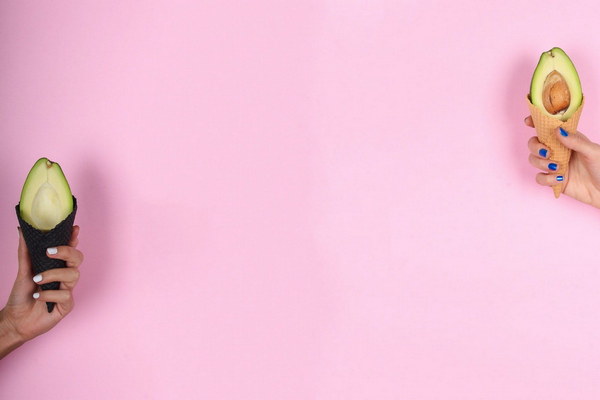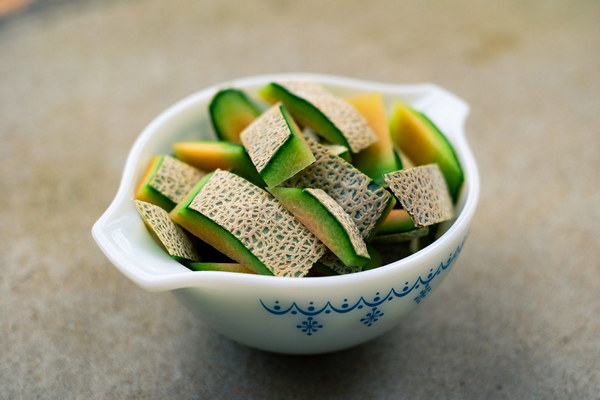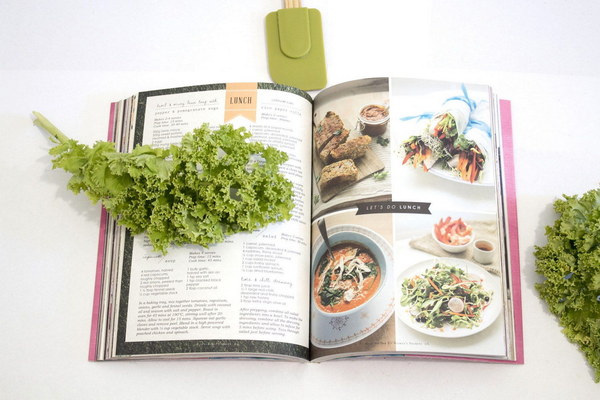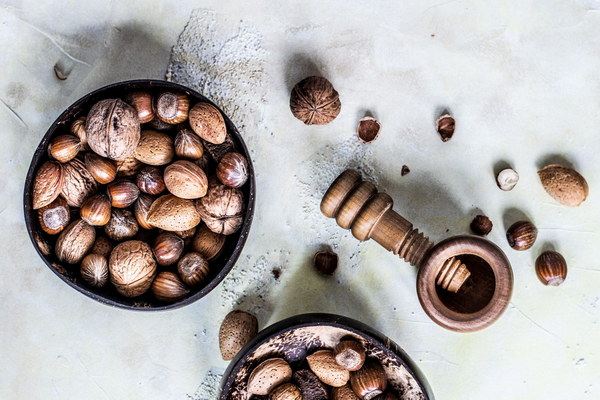Nature's Embrace Discovering Safe Herbs for Relieving Dampness in Pregnant Women
In the journey of pregnancy, the body undergoes numerous changes, and among them is the increased likelihood of dampness or phlegm accumulation. Dampness can manifest as discomfort, fatigue, and even weight gain, making it essential to find natural remedies to alleviate these symptoms. Herbs have been used for centuries to combat dampness, and many are safe for use by pregnant women. This article explores the world of dampness-relieving plants and how they can help expecting mothers find relief.
Introduction to Dampness and Pregnancy
Dampness, in traditional Chinese medicine (TCM), refers to an excess of fluid in the body that can lead to various health issues, including those experienced by pregnant women. During pregnancy, the body's physiological changes can create an environment conducive to dampness, resulting in symptoms such as:
- Swelling
- Fatigue
- Mucus production
- Digestive issues
- Weight gain
Herbs for Relieving Dampness in Pregnant Women
1. Astragalus (Astragalus membranaceus)
Astragalus is a well-known herb in TCM, renowned for its immune-boosting properties. It's also effective in reducing dampness and promoting overall health during pregnancy. This herb can be consumed as a tea or added to soups and stews.
2. Poria (Poria cocos)
Poria is another TCM favorite, known for its ability to drain dampness and invigorate the spleen. It is often used in combination with other herbs to create a balanced formula. Poria can be found in many traditional Chinese remedies for dampness, and it's typically safe for pregnant women.
3. White Atractylodes (Atractylodes macrocephala)
White Atractylodes is a commonly used herb in TCM for its dampness-dispelling properties. It is also known to strengthen the spleen and stomach, which can help alleviate symptoms associated with dampness. This herb is often found in combination formulas tailored to individual needs.
4. Coix Seed (Coix lacryma-jobi)
Coix Seed is a popular choice for treating dampness and edema. It has diuretic properties that can help reduce fluid retention and swelling. Coix Seed is often used in the form of a powder or added to soups and stews.
5. Chrysanthemum (Chrysanthemum morifolium)
Chrysanthemum is not only a beautiful flower but also a useful herb in TCM. It is known to drain dampness and cool the blood, making it beneficial for pregnant women experiencing dampness-related symptoms. Chrysanthemum tea is a popular choice for its calming effects on both body and mind.
Precautions and Considerations

While these herbs can be beneficial for pregnant women, it is crucial to consult with a healthcare professional before incorporating them into your routine. Some herbs may not be suitable for certain individuals or conditions, and it's essential to ensure their safety and compatibility with your pregnancy.
Additionally, it's important to note that while herbs can help alleviate symptoms, they should not be considered a substitute for medical treatment. If you are experiencing severe symptoms or have concerns about your pregnancy, it is best to seek professional medical advice.
Conclusion
The use of herbs to alleviate dampness during pregnancy offers a natural alternative to conventional treatments. Herbs like Astragalus, Poria, White Atractylodes, Coix Seed, and Chrysanthemum have been traditionally used in TCM to combat dampness and promote overall health. However, it is essential to consult with a healthcare professional before using any herbal remedies during pregnancy. By doing so, pregnant women can safely embrace the benefits of nature's embrace and find relief from dampness-related symptoms.
